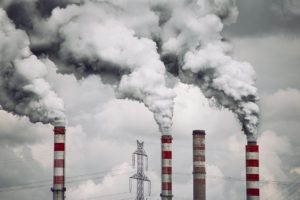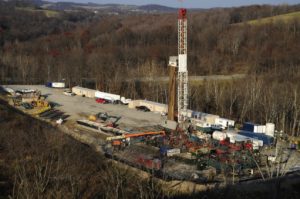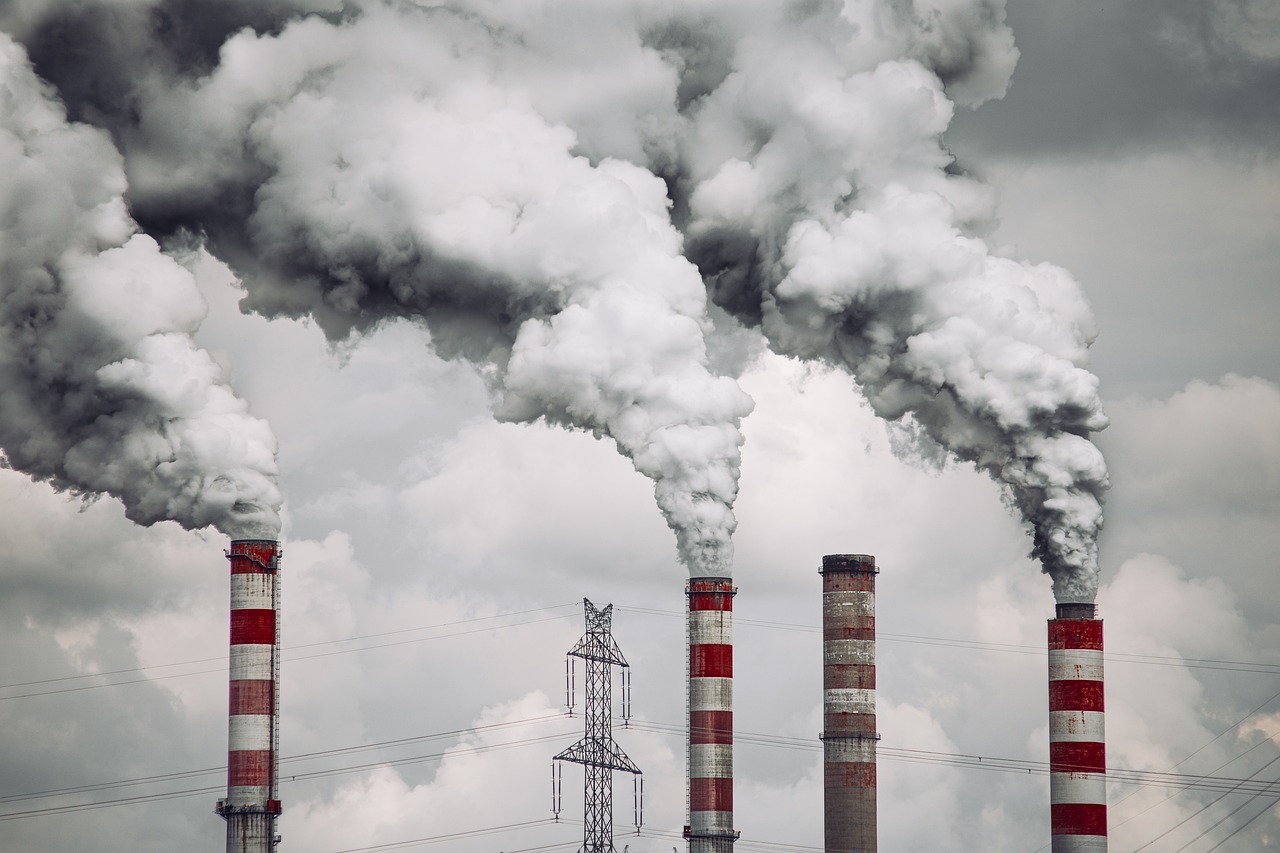
The court decision paves the way for groups to contest harmful environmental decisions by invoking the constitutional rights of their members.
Thursday, July 18, 2024, Harrisburg, PA — Today, the Supreme Court of Pennsylvania recognized the fundamental right of PennFuture, Clean Air Council, Sierra Club, and Environmental Defense Fund and their members to defend Pennsylvania’s participation in the Regional Greenhouse Gas Initiative (RGGI), by overturning the Commonwealth Court’s June 28, 2022 denial of intervention.
Participation in RGGI would benefit Pennsylvanians and our economy by lowering carbon emissions, reducing air pollution, saving consumers money, and creating clean energy investment and family-sustaining jobs.
At issue was whether the environmental nonprofit organizations could intervene and become parties to defend the RGGI Regulation in several challenges before the Commonwealth Court. The nonprofits sought, among other things, to protect their members constitutional rights to a clean and healthy environment under Article I, section 27 of Pennsylvania’s constitution, often called the “Environmental Rights Amendment.” The Commonwealth Court had believedfound that Pennsylvania Department of Environmental Protection (DEP) “adequately represented” the nonprofit organizations’ interests in this case and denied the organizations’ application to participate as parties in the RGGI litigation.
The Supreme Court disagreed. The Supreme Court wrote that environmental groups’ “significant evidentiary presentation demonstrating environmental, health, and quality-of-life harms to their individual members established [a substantial, direct, and immediate] interest.” The majority noted: “At stake for these individuals is not just fidelity to the law but the quality of their lives.”
As they had previewed at oral argument in May 2023, the Court was critical of DEP’s failure to raise the Environmental Rights Amendment, and its obligations as a trustee of public natural resources: “The lower court’s analysis of the adequate representation question unreasonably omits the fact DEP has never once invoked the ERA in support of the RGGI Regulation . . . Although DEP raised other arguments in support of the RGGI Regulation, it made none whatsoever premised upon the ERA. Nonprofits sought intervention, inter alia, to fill this void and defend the RGGI Regulation under the ERA…Nonprofits’ ERA defense is hardly “irrelevant” to this case.”
“Today’s decision shows that the Pennsylvania Supreme Court not only recognizes Pennsylvanians’ constitutional right to clean air and a healthy, stable environment, but respects their right to fight for it. The significance of this recognition cannot be overstated,” said Jessica O’Neill, PennFuture’s Managing Attorney for Litigation. “The RGGI Regulation is a critical step for Pennsylvania to protect the air and environment for Pennsylvanians today and for our future generations. PennFuture looks forward to continuing our defense of RGGI and enforcing our members’ constitutional rights.”
“The RGGI Regulation is the most important step Pennsylvania has taken to-date to fight the deepening climate crisis, which makes the Court’s decision to allow public interest voices to defend the Regulation all the more important,” said Alex Bomstein, Executive Director of Clean Air Council. “As we live through more deadly heat waves, polluted air, and extreme weather, our need for the climate and health benefits of the RGGI Regulation couldn’t be starker.”
“We are very pleased with the Court’s decision, which affirms that our members have a keen interest in defending their constitutional right to a clean and healthy environment,” said Tom Schuster, Director of the Sierra Club Pennsylvania Chapter. “This ruling underscores the importance of our Environmental Rights Amendment, particularly as it relates to protections against climate disruption, the defining environmental issue of our time.”
“Today, the Pennsylvania Supreme Court rightly recognized what is at stake for Pennsylvanians and the importance of their constitutional right to clean air and a healthy environment,” says Edwin LaMair, Attorney, Environmental Defense Fund. “We look forward to continuing to provide a robust defense of Pennsylvania’s program, which will substantially cut pollution from power plants and protect communities.”
The decision also dismissed as moot the environmental groups’ appeal of the preliminary injunction of the RGGI rule, since a permanent injunction stopping the RGGI Regulation from going into effect was granted by the Commonwealth Court on November 1, 2023. The appeals of the permanent injunction are presently before the PA Supreme Court, with briefs to be filed this summer. The Supreme Court is expected to rule on the merits of this challenge after briefing has been completed.
Opinions in full:

PENNSYLVANIA (July 9, 2024) – Today, the U.S. Court of Appeals for the D.C. Circuit blocked the attempt by several states, along with oil and gas trade associations, to stay, or block, the Environmental Protection Agency’s (EPA) methane standards for the oil and gas industry. Methane, more than 80 times more potent than carbon dioxide over the short term, is a critical target for climate pollution emissions reduction efforts. Human-caused methane emissions currently account for about 30 percent of global warming, with the oil and gas industry being one of the largest sources of methane emissions. The EPA standards would prevent millions of tons of climate warming methane from being emitted. In Pennsylvania, nearly 2 million residents live in proximity to oil and gas operations.
Matt Walker, Clean Air Council Advocacy Director, issued the following statement:
“The court’s decision ensures that EPA’s much-needed methane standards can continue to move forward, better protecting the health of Pennsylvania residents living close to oil and gas operations, and cutting methane at a time when our country is experiencing the dire effects of climate change.”

